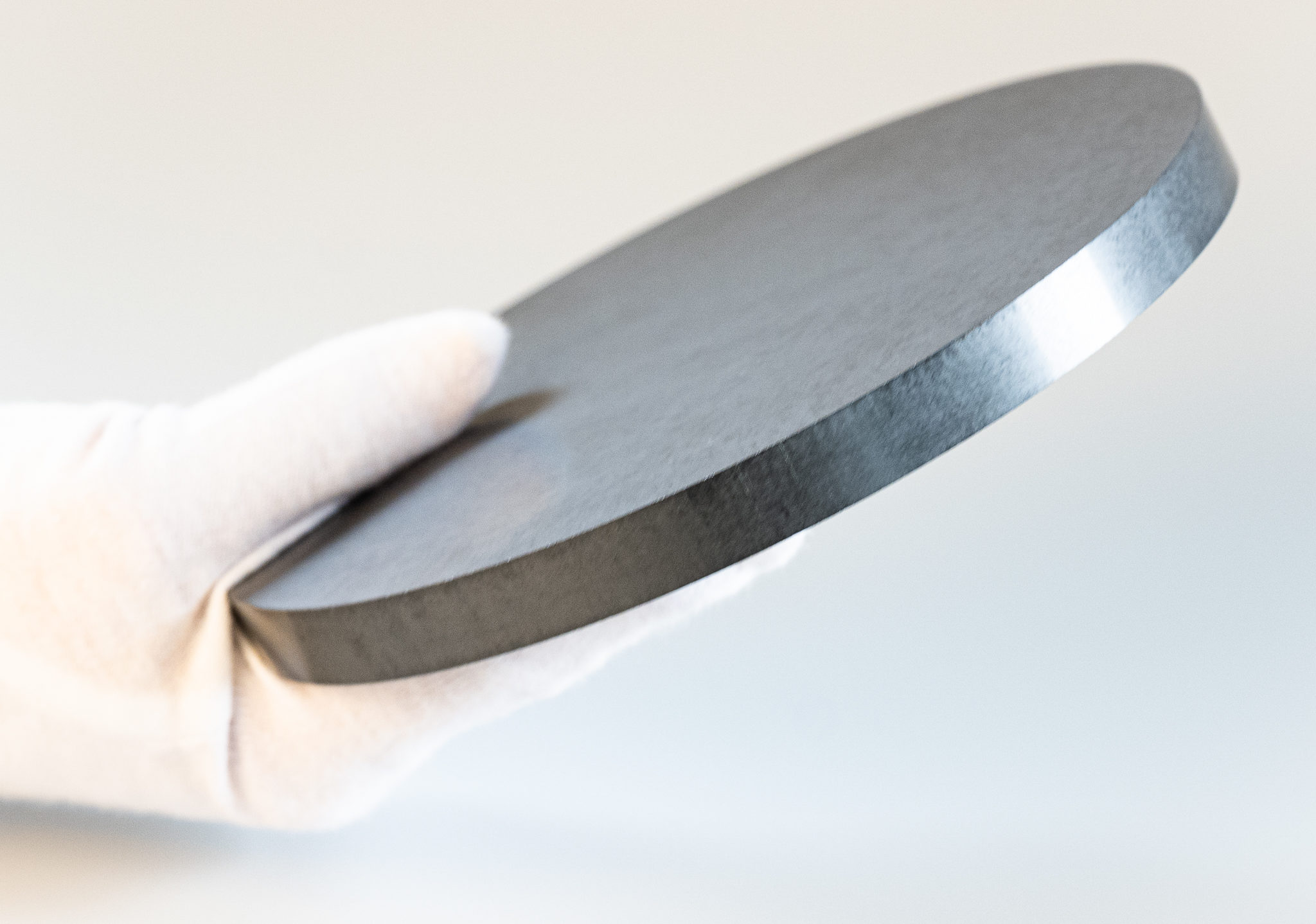The Chinese government's cautious approach to subsidizing SiC semiconductor development has resulted in a growing disparity between leading SiC companies and those lagging behind. Reports indicate that the government is likely to extend support more readily to the former, while the latter companies are expected to face difficulties.

SiC semiconductor suppliers have observed that companies already possessing production capabilities and holding recognition from customers have been presented with various business opportunities. Notably, Shandong-based SICC has entered into a partnership with automotive tier-1 Bosch, while SICC and Beijing-based TankeBlue have signed a contract with Infineon. Sanan Optoelectronics is also set to establish a SiC wafer fabrication facility in collaboration with STM.
While some Chinese SiC suppliers are yet to receive certifications from prominent international players, they have garnered support from domestic end customers. On the other hand, certain companies face difficulties in forming partnerships with global entities due to associations with affiliates listed on the US blacklist. Additionally, reports suggest that the Chinese government is discouraging foreign investments in SiC suppliers with significant potential, safeguarding the competitiveness of China's own SiC technology in the future.
Revealingly, only a handful of China-based companies possess expertise in SiC crystal growth, a smaller number than anticipated. However, these companies are anticipated to prosper and expand as they receive considerable support from the Chinese government. Conversely, those falling behind are unlikely to remain optimistic about their future prospects.
Suppliers reveal that the Chinese government has been fostering local SiC semiconductor production for about a decade. However, due to the substantial number of companies seeking subsidies, the field has become overcrowded, prompting the implementation of several regulations to reorganize the SiC segment. For example, companies are prohibited from including moissanite, a SiC by-product, in their accessory market sales when accounting for their primary business. Additionally, new market entrants are required to obtain increased approval from both central and local governments.
As China experiences an economic downturn, those in the SiC sector who have yet to demonstrate their capabilities will encounter greater challenges in securing government support and attracting talent.
Reports indicate a worldwide scarcity of SiC crystal growth professionals, emphasizing that even individuals lacking extensive knowledge in the field previously thrived in China's SiC industry. Companies were able to acquire government subsidies even without entering production. Several years ago, the Chinese government compiled a list of industry professionals who were likely to disrupt the market, highlighting their proactive approach to regulating the sector.







